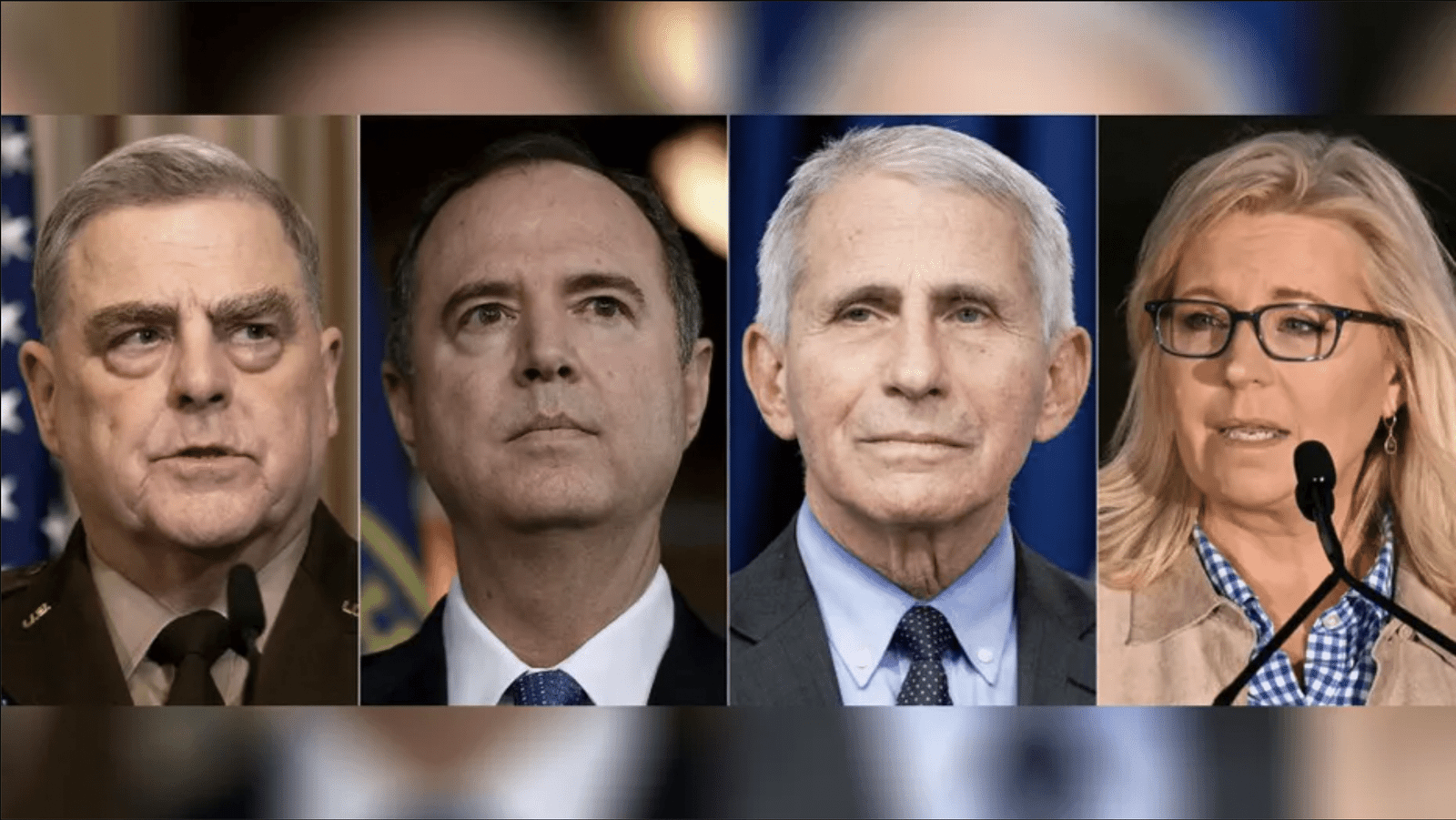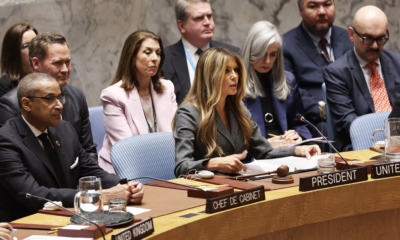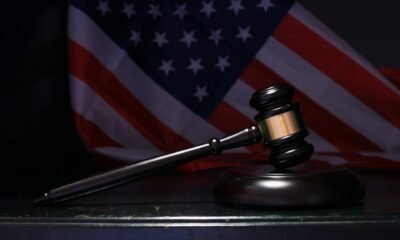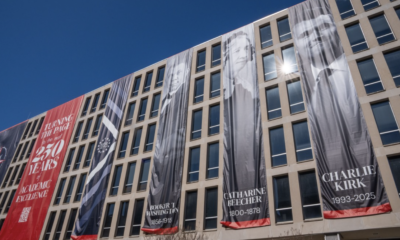Trump Presidency
Biden’s Final Act: Pardons for Fauci, Milley, and Jan. 6 Panel Members Guard Against Trump’s Return
In a historic and unprecedented move, President Joe Biden issued a sweeping set of preemptive pardons in the final moments of his presidency. This bold exercise of executive power aimed to shield prominent public servants from potential retaliation under the new Trump administration. This included Dr. Anthony Fauci’s pardon, retired Gen. Mark Milley’s pardon, and House committee members who investigated the January 6 Capitol attack. The decision has drawn both praise and controversy, highlighting Biden’s commitment to protecting those he believes served the nation honourably.
Shielding Against “Revenge Politics”
The pardons come amidst fears that the incoming Trump administration could target its political adversaries. Trump had openly discussed the possibility of retribution against those who had challenged him, including Anthony Fauci, Milley, and the January 6 committee. Biden’s statement emphasized that the pardons were not an admission of guilt but a necessary step to protect individuals from politically motivated investigations.
“Our nation owes these public servants a debt of gratitude for their tireless commitment to our country,” Biden said, adding, “Even when individuals have done nothing wrong, the mere fact of being investigated or prosecuted can irreparably damage reputations and finances.”
A Controversial Precedent
Biden’s use of preemptive pardons pushes the boundaries of executive power, granting clemency to individuals who have not been charged or formally accused of crimes. Critics argue that this sets a dangerous precedent, potentially enabling future presidents to use pardons to shield allies preemptively.
Senator Adam Schiff, who worked on the January 6 committee, expressed reservations: “I continue to believe that the grant of pardons was unnecessary and unwise. But I understand why President Biden believed he needed to take this step.”
Fauci and Milley: Defending Public Service
Dr. Anthony Fauci, the nation’s top infectious disease expert for nearly 40 years, became a polarizing figure during the COVID-19 pandemic. His science-driven approach often clashed with Trump’s untested public health ideas, making him a target of right-wing hostility. Hence, the Fauci pardon may have been necessary for President Biden.
“Despite the accomplishments my colleagues and I achieved, I have been the subject of politically motivated threats of investigation,” Fauci stated. “There is absolutely no basis for these threats. Let me be perfectly clear: I have committed no crime.”
Similarly, retired Gen. Mark Milley, former chairman of the Joint Chiefs of Staff, had openly criticized Trump’s actions surrounding the January 6 insurrection. Mark Milley expressed gratitude for the pardon, stating, “I do not wish to spend whatever remaining time the Lord grants me fighting those who unjustly might seek retribution for perceived slights.”
Jan. 6 Panel and Law Enforcement Officers
Biden extended full pardons to members and staff of the January 6 committee, as well as Capitol and Metropolitan police officers who testified about their experiences during the attack—the committee, led by Rep. Bennie Thompson and then-Rep. Liz Cheney concluded that Trump engaged in a “multi-part conspiracy” to overturn the 2020 election and incited the violent insurrection.
In a joint statement, Liz Cheney and Bennie Thompson praised the pardons as a defence of democracy: “These are extraordinary circumstances when public servants are pardoned not for breaking the law but for upholding it.”
Historical Context and Criticism
Biden’s pardons evoke comparisons to President Gerald Ford’s 1974 pardon of Richard Nixon after the Watergate scandal. However, Biden’s actions differ in scope and intent. He focuses on preventing what he sees as political persecution rather than absolving past crimes.
Trump, in response, condemned the pardons as a defence of “very guilty people” and renewed his promises to grant clemency to his allies involved in the Capitol riot.
Legacy and Implications
Biden’s pardons underscore his belief that protecting public servants from political retaliation is essential to preserving democracy. While supporters view the move as a courageous stand against revenge politics, critics fear it may further erode norms and expand executive overreach.
As Joe Biden exits the presidency, his final act leaves a lasting mark on the nation’s political landscape, setting the stage for contentious debates over the limits of presidential power and the integrity of public service.











































